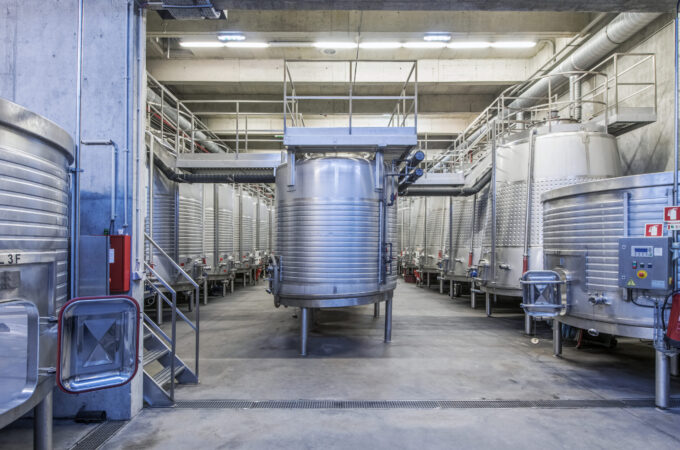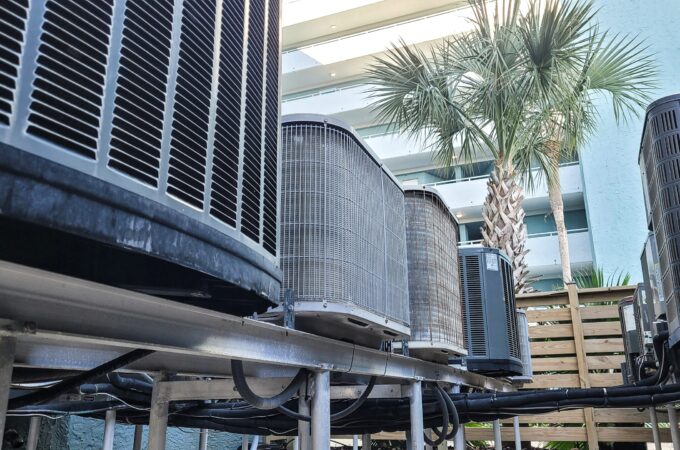
Why Is Your Furnace Making Strange Noises?
With the COVID-19 pandemic still causing havoc in the United States, it stands to reason that there will be more quarantine measures brought in before long. For the most part, Americans have already seen lockdown measures affect their working life, as many were forced to either perform their jobs from home or stay there under quarantine until it was safe to return to the workplace.
As the initial working from home measures began in the summertime, there weren’t likely to be a lot of concerns in terms of adjusting the household. Yes, it may have been a little frustrating having to be indoors all of the time, and especially during warmer periods of weather. However, as we head into the coldest months of the year for most of the U.S., one has to be wary of any potential impediments to the temperatures of the home. That includes any rattle, whistle, or knocking noise that your furnace is kicking up.
The furnace is making strange sounds.
The last thing anyone needs at this time of year is a broken furnace. The furnace is the center of the home’s entire heating system, which itself is one of the components that make up the home’s HVAC system. HVAC (which stands for heating, ventilation, and air conditioning) systems all work together to ensure that the home is temperate (i.e. not too hot and not too cold) and filled with warm, moderately dry air.
In order for the HVAC system to be working effectively, the heating system needs to be well maintained and devoid of any problems. Luckily, if there is an issue, a furnace tends to get a little bit noisy, so it’s a good idea to listen out for any sounds it makes. Be grateful for any whistle, knocking, or rattle you. hear, they provide a sign that it’s time to call out the HVAC technician. Furthermore, determining the type of sound being made by the furnace is a great way to figure out what the problem is sooner––and if you know what the problem is, then you’ll know how to make progress on getting it fixed.
For example, a furnace that’s making knocking or clunking noises is suggesting that the issue is with the fan. A fan blade may be misaligned or a fan belt may be loose. A rattling noise or a scraping and whistling sound is another indication that part of the internal system has come loose. Humming, or rumbling noises that don’t amount to any heat being generated are a particularly serious issue, as this noise suggests there is a problem with the ignition. If the pilot light isn’t burning yet gas is being released for ignition, then this must be dealt with immediately.
The first thing you should do in the event of any changes with the furnace is identify the noise. From there, call a water heater technician and describe what you have found.
Effects of a broken HVAC system.
At the end of the day, heating is vitally important whether you are working from home, spending time studying or changing things up in the household. Diets, post-Christmas detoxes, or even transitioning to a vegan lifestyle will result in a change to the body’s ability to retain heat. The last thing you will need as you embark on your vegan journey is for your home to be letting all of the warm air out as well. As well as a loss of heat, you run the risk of increased energy bills, as one component of your HVAC system will attempt to compensate for the other. Worse still, is the possibility of illness and bad health.
This is all due to moisture building up in the home. Water may leak into the home, or from the pipework that carries hot water from the furnace to the radiators and back again. If your air conditioner can’t remove all of it, this moisture will heat into humidity. Humidity causes mold, damp and mildew to form, but the bigger problem is that it is a breeding ground for viruses and bacteria. Respiratory problems are the worst result of this, and the best supplements, vegan cheeses, plant milk, and nutrients in the world can’t prevent you from getting sick.
Get it fixed quickly!
Aside from increased energy bills, looking for dampness and mold are amongst the chief ways of how to check for humidity in the home. Hygrometers are the best way to determine humidity levels, which should be at 60% or less. Try not to let it get too low either––the result you are looking for is a balance.
Furthermore, you shouldn’t really try to fix any problems with furnaces, boilers, or radiators yourself. Hire an engineer to look at a faulty HVAC, and keep on top of maintenance. If you do need to call someone out to check your furnace, remember to stick to CDC guidelines regarding hiring repair workers and contractors who have to enter the home.





